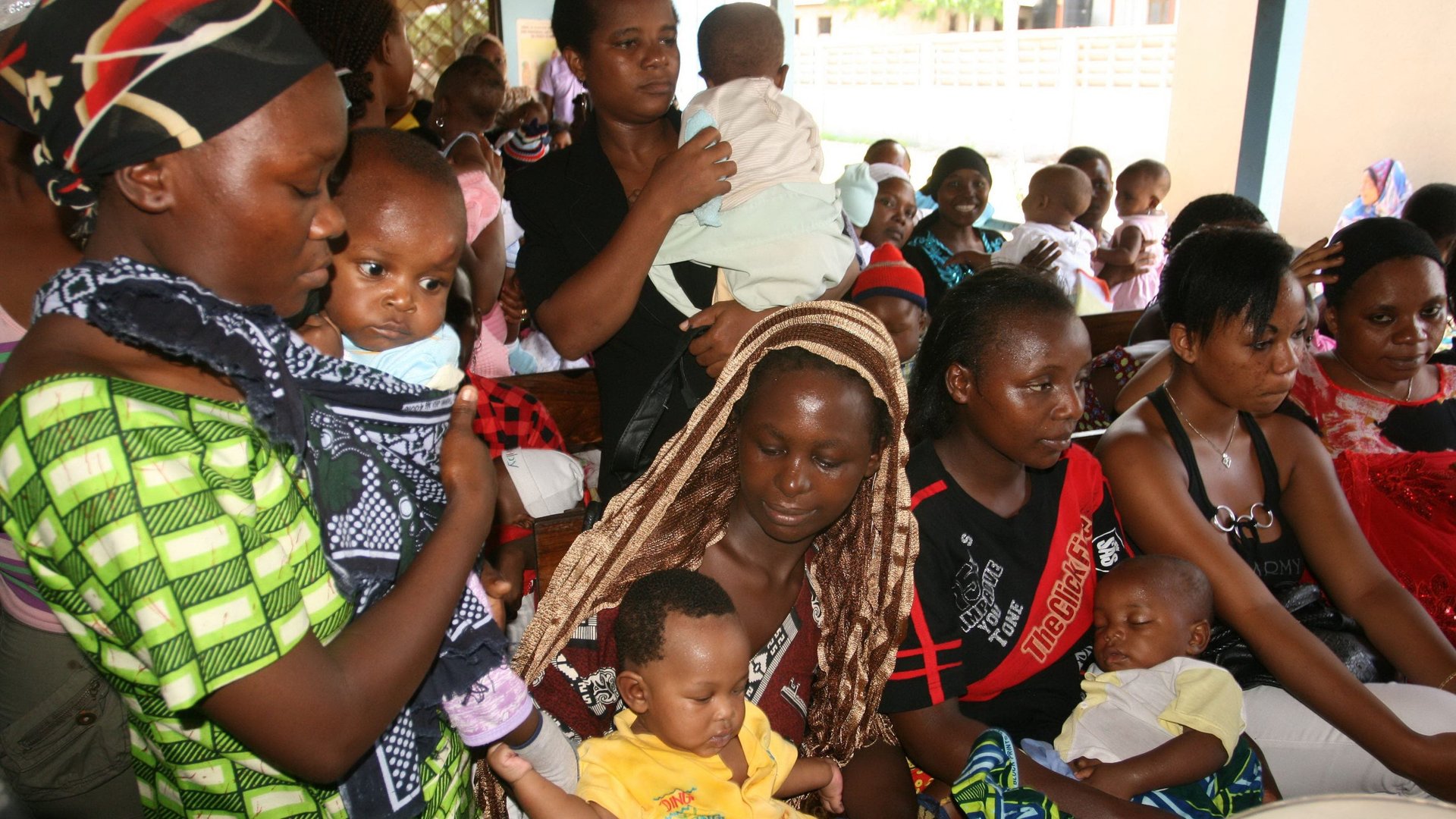Tanzania is accelerating a mobile phone program to provide more newborns with birth certificates
Tanzania is ramping up the registration and issuance of birth certificates to children under five years using mobile phones. The mobile registration is offering a lifeline to millions of babies, who often remain ‘invisible’ due to the logistical and infrastructural challenges that prevent them from being enlisted at the time of their nativity.


Tanzania is ramping up the registration and issuance of birth certificates to children under five years using mobile phones. The mobile registration is offering a lifeline to millions of babies, who often remain ‘invisible’ due to the logistical and infrastructural challenges that prevent them from being enlisted at the time of their nativity.
The simple process entails a health worker sending an SMS with information about the baby’s name, sex, date of birth and family particulars to a central database managed by the Registration Insolvency & Trusteeship Agency (RITA), a state agency in real time. An automatic response allows them to issue a birth certificate shortly after. The expectation is that by 2020, the entire country would be covered by this service.
The lack of a birth certificate increases the odds of a child ending up in an early marriage before adulthood, or a premature entry into the labor market. In the rural and remote regions of a developing country like Tanzania, birth certificate documentation increases the possibility of children gaining access to formal education or healthcare. In the absence of documentation, the children simply do not exist in the eyes of the government.
According to UNICEF, Tanzania has one of the lowest birth registration rates in Africa with less than 13% of children under five years having a birth certificate. It means “millions of children under-five are ‘invisible’ in the nation’s records,” according to UNICEF deputy representative in Tanzania Rene Van Dongen.
The initiative is the brainchild of mobile phone operator Tigo in partnership with UNICEF and the government of Tanzania. The registration of toddlers over mobile phones was prompted by the estimation that about 90% of children in Tanzania do not have birth certificates despite their entitlement under the law.
Since 2013 when the mobile application was first unveiled, at least 830,000 children under five have been registered and provided with birth certificates. The latest registration drive in two regions in the country’s northwest launched last week, aims to have 650,000 children registered. To accelerate uptake, the government has waived the fee for registration.